 The ESRC website lists its Festival events for 2015 and amongst the interetsing events is a record number of BU events! The full list can be found on the ESRC webpages, click here!
The ESRC website lists its Festival events for 2015 and amongst the interetsing events is a record number of BU events! The full list can be found on the ESRC webpages, click here!
Pathways to impact: part deux!
7 November 2015 | Bournemouth | Event

This event aims to engage participants who attended a previous one-day ESRC Festival of Science event which took place in 2012 entitled, “Pathways to Impact: ageing, diversity, connectivity and community”.
9 November 2015 | Bournemouth| Event

Children will have the chance to take part in a creative mapping exercise using coastal artefacts and pictures to create their own sensory and emotional maps of the topic, starting with the question of ‘how does it make me feel to be here?’
10 November 2015 | Bournemouth | Event

Older people are increasingly at risk of falling victim to financial scams that target vulnerable people, including mass marketing fraud via post, telephone or email and doorstep fraud.
This event will give practitioners, agencies and members of the public, the opportunity to come together to learn more about the threats posed.
11 November 2015 | Bournemouth | Event

This event asked the question:
- what meanings of place and space are constructed by secular or non-specifically religious and religious visiting of church buildings?
11 November 2015 | Poole | Event

Bournemouth University Dementia Institute (BUDI) will bring dementia awareness to life through running creative activities including a performance from the BUDI Orchestra – made up of people affected by dementia and musicians – poetry and technology such as IPads and Nintendo Wii.
12 November 2015 | Bournemouth | Event

Are British children disadvantaged compared to children in other Western countries? An analysis of data from global sources compares the standards of mortality, poverty and health funding for children and adults in Britain vs. those in 20 other Western countries.
12 November 2015 | Bournemouth | Event

One year ago, in October 2014, the UK Government introduced major changes to the Copyright Law with the aim of promoting innovation and creativity. These included a range of exceptions and limitations benefiting users as well as educational and cultural institutions.
12 November 2015 | Bournemouth | Event

These exhibitions run over the course of three days presenting a showcase of Bournemouth University research projects demonstrating our research impacts on social and community wellbeing and our concern for diverse groups and work with a wide variety of stakeholders.
12 November 2015 | Poole | Event

A group of researchers from Bournemouth University are researching the lived experience of students entering higher education from and in ‘non traditional’ contexts. By bringing together research, educational practice and students as research co-creators, a unique lens is created through which to observe the question.
12 November 2015 | Bournemouth | Event

The 5-a-day campaign went global after a recommendation from the World Health Organisation that we should all be eating a least 400g of fruit and vegetables per day. Variations on this message are repeated in countries all across the world. But does the message cause more confusion than good?
13 November 2015 | Bournemouth | Event

These exhibitions run over the course of three days presenting a showcase of Bournemouth University research projects demonstrating our research impacts on social and community wellbeing and our concern for diverse groups and work with a wide variety of stakeholders.
14 November 2015 | Bournemouth | Event

These exhibitions run over the course of three days presenting a showcase of Bournemouth University research projects demonstrating our research impacts on social and community wellbeing and our concern for diverse groups and work with a wide variety of stakeholders.
Prof. Edwin van Teijlingen
CMMPH
 Last week Ben Hicks and Shanti Shanker from BUDI and the Psychology Department hosted a series of Graffiti workshops for people with dementia and their care partners. The workshops were led by an experienced Graffiti Artist from Graff Inc. who worked with the participants to develop an individual ‘tag’ and piece of street art that represented their sense of identity.
Last week Ben Hicks and Shanti Shanker from BUDI and the Psychology Department hosted a series of Graffiti workshops for people with dementia and their care partners. The workshops were led by an experienced Graffiti Artist from Graff Inc. who worked with the participants to develop an individual ‘tag’ and piece of street art that represented their sense of identity.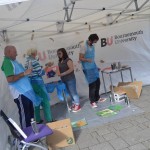
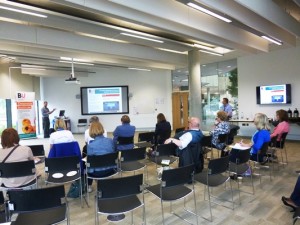
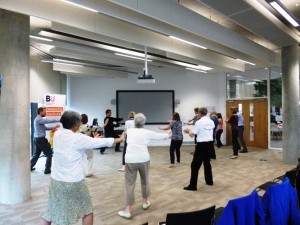
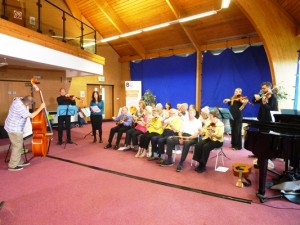
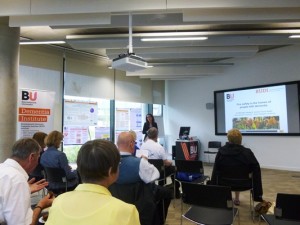
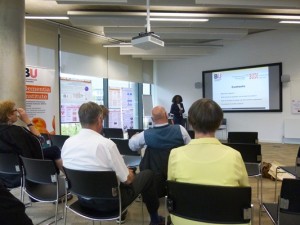
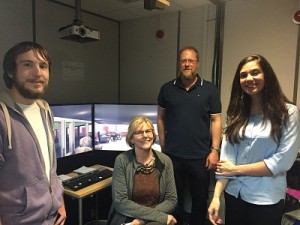
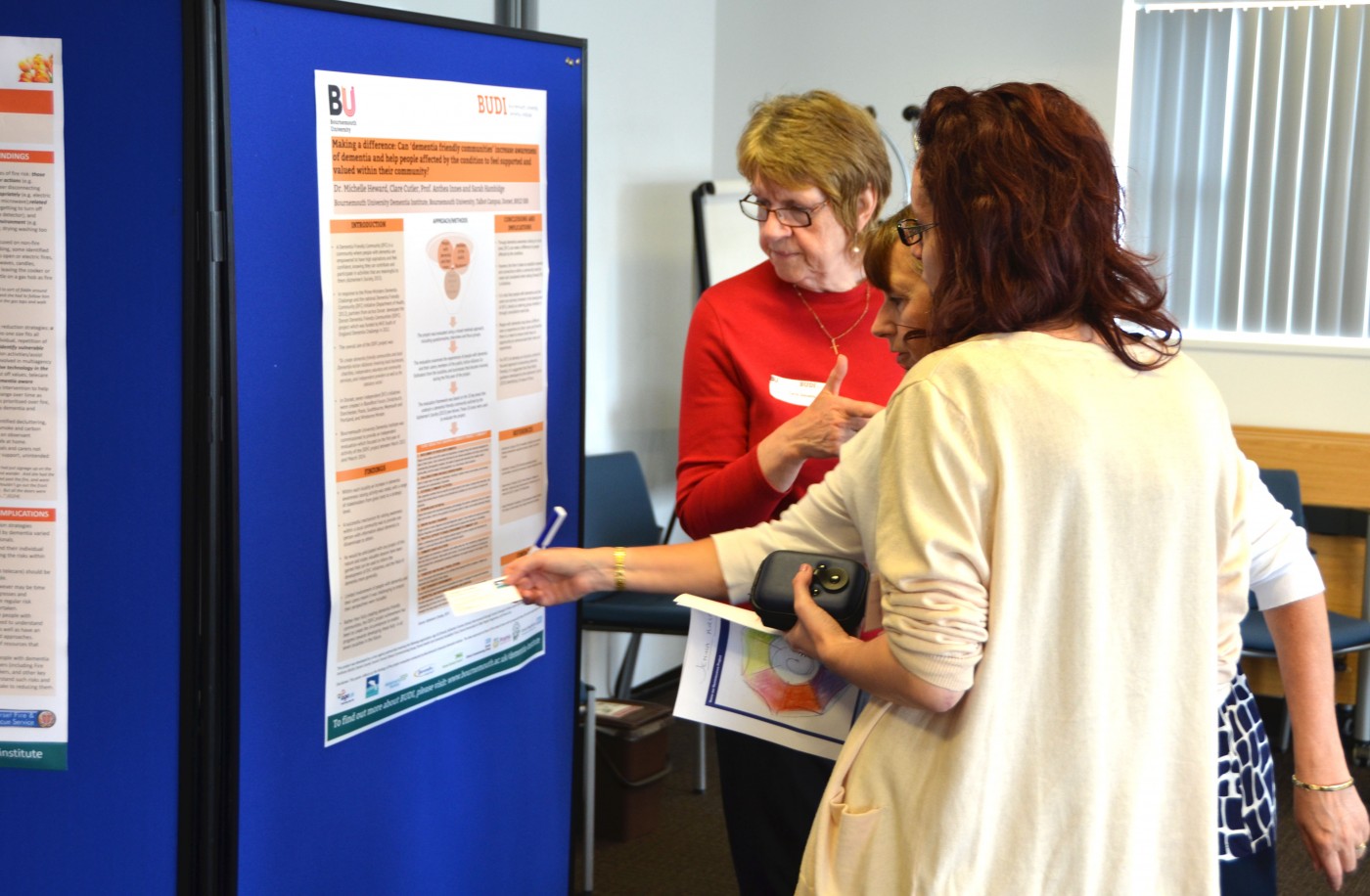

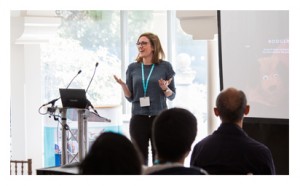
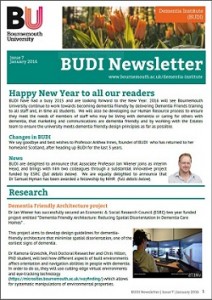

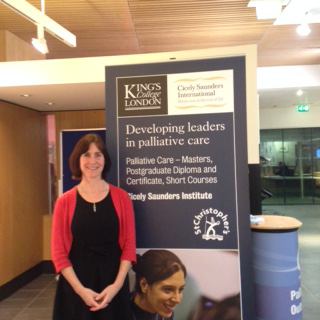
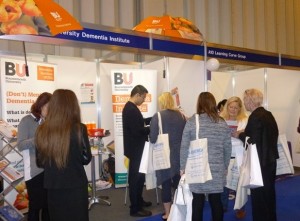
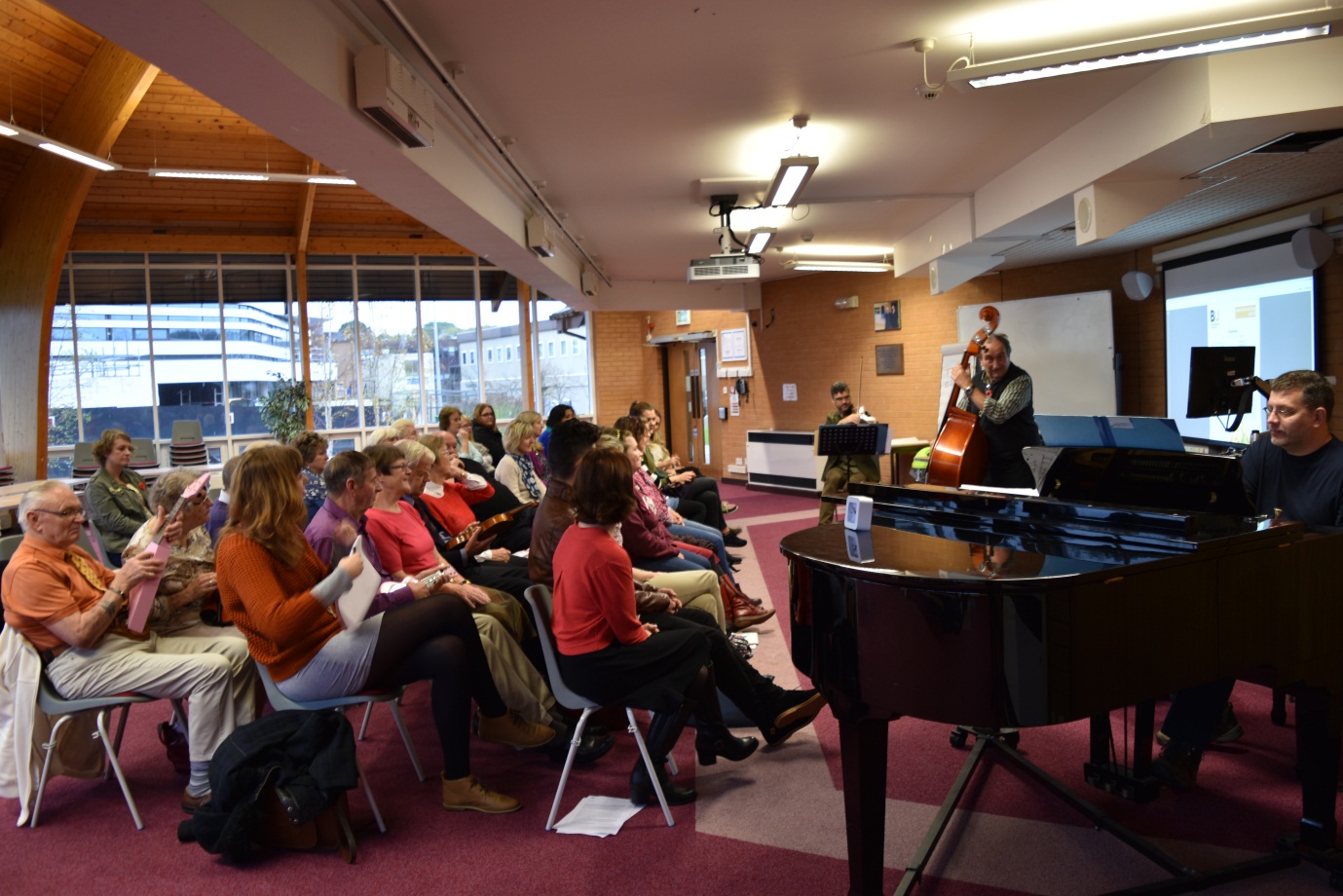
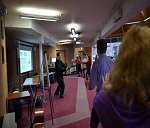

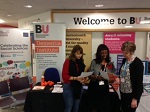
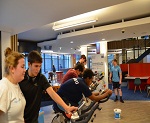

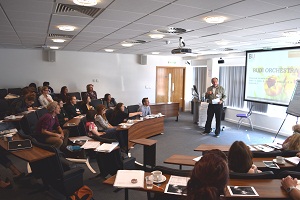
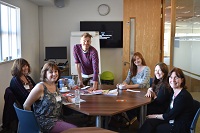
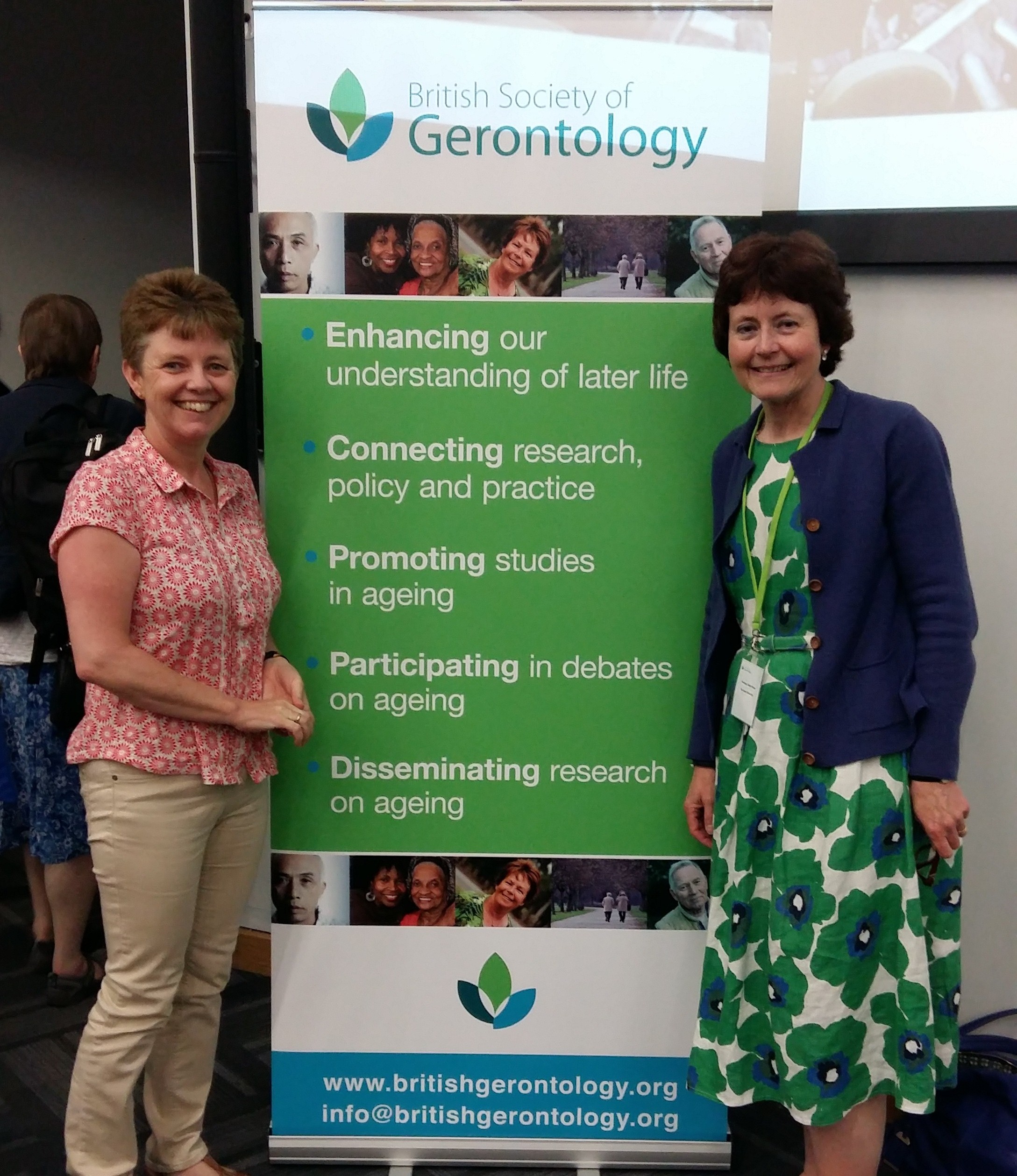













 BU attendance at third annual GCPHR meeting in June
BU attendance at third annual GCPHR meeting in June Interactive Tangible and Intangible Heritage Applications – BU student work featured in new book chapter
Interactive Tangible and Intangible Heritage Applications – BU student work featured in new book chapter Second NIHR MIHERC meeting in Bournemouth this week
Second NIHR MIHERC meeting in Bournemouth this week MSCA Postdoctoral Fellowships 2025 Call
MSCA Postdoctoral Fellowships 2025 Call ERC Advanced Grant 2025 Webinar
ERC Advanced Grant 2025 Webinar Horizon Europe Work Programme 2025 Published
Horizon Europe Work Programme 2025 Published Horizon Europe 2025 Work Programme pre-Published
Horizon Europe 2025 Work Programme pre-Published Update on UKRO services
Update on UKRO services European research project exploring use of ‘virtual twins’ to better manage metabolic associated fatty liver disease
European research project exploring use of ‘virtual twins’ to better manage metabolic associated fatty liver disease